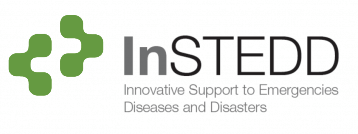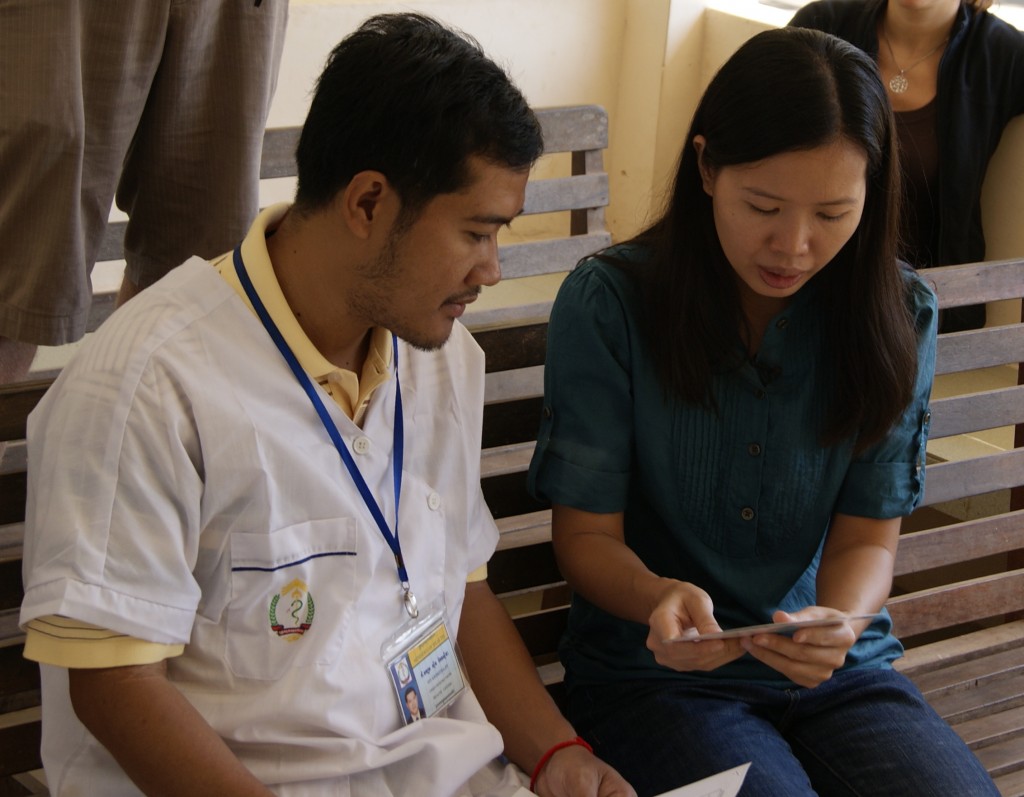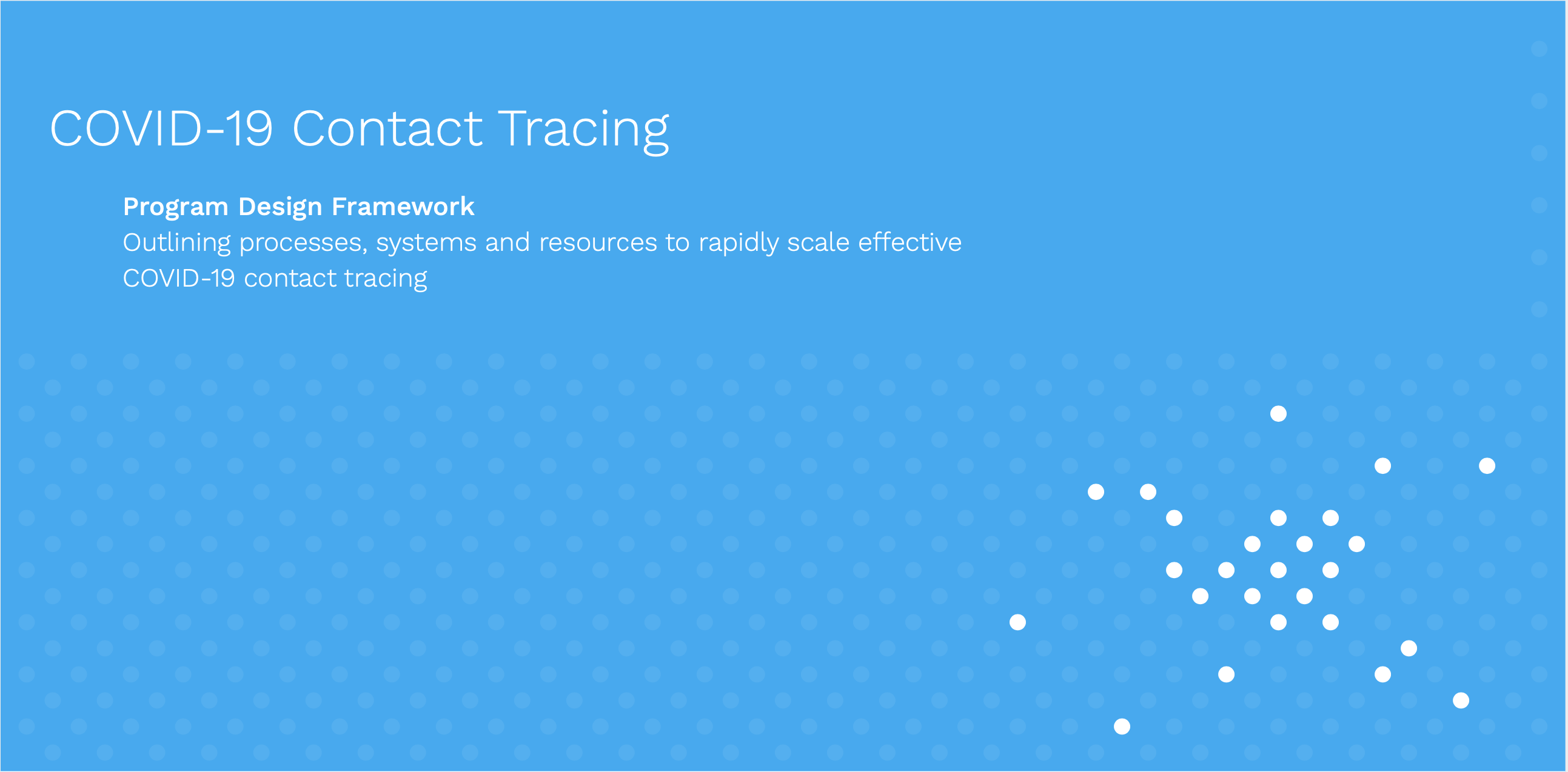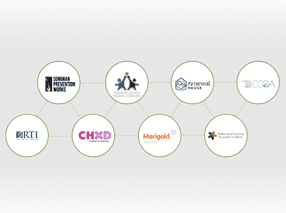This past October, Channe Suy, product manager at iLab Southeast Asia traveled to Rwanda to participate in the OpenMRS community’s annual Implementers Meeting for five days of collaboration, sharing of implementation experiences and working together to improve OpenMRS. Channe was invited to the conference because the iLab Southeast Asia and InSTEDD have worked closely with the OpenMRS system, contributing code and design expertise for the mobile integration of medical records. Additionally, in partnership with the Ministry of Health Cambodia, the iLab Southeast Asia is prototyping systems addressing maternal-transmission of HIV on the OpenMRS system. Channe addressed how iLab Southeast Asia was using OpenMRS and the similarities between Rwanda and Cambodia in her conference talk.
It is my first time to attend the OpenMRS conference. The event took place in Kigali, Rwanda. Rwanda is a beautiful hilly country area with perfect climate and warm smile of people. I felt very connected in some way as the country where I am from also had dark history of genocide as in Rwanda.
The meeting provided me opportunity to meet with interesting people from different part of the world who work on health information system, typically on OpenMRS. Participants from Cambodia in that meeting were Dr.Chamnan from NCHADs, Dr.Sambath and Mr.Roth from URC, and me from InSTEDD iLab Phnom Penh.
It gave me such a surprise to see an African country moving ahead even far better than some countries in Asia with regard to electronic medical record system. I think Cambodia itself has more to learn from the existing implementation of medical record system from Africa. The cultures are different but we are developing countries and the context of people in terms of economic scale are very similar.
NGOs such as Jembi, Ampath, PIH and Baobab have demonstrated very good success examples of OpenMRS implementation. OpenMRS has a very strong community and even African countries have the local capacity to be able to do customization of the tool base to their specific needs. One example that was demonstrated during the meeting, there was implementation of OpenMRS with touch screen and mobile data collection and reporting.
I went on a site visit at PIH site, Rwinkwavu Hospital, on the third day of the event. At the primary care registration counter the health staff used a touch screen system which is base on OpenMRS. PIH has been deploying this system for 9 months and the catchment population coverage has registered about 90%. This is very impressive! The hospital lab uses lab module of OpenMRS. Health insurance was introduced to this hospital with multiple categories based on each person’s living condition. Majority is in the middle category which the insurance cost them $USD 3-4 annually.
Thanks to the OpenMRS organizer, I like the way the event was organized, especially the “unconference” style. Another cool part was the Lightning Talk sessions where each presenter was given only 5 minutes. I also gave a lightning talk on the experience and work of the iLab Phnom Penh.
I look forward to the next OpenMRS meeting which will be in Asia… I wish that country could be Cambodia!






